Are you thriving or are you surviving? Do you live in those little moments of joy or are you living in a constant state of worry, and overwhelming anxiety? If you feel trapped in an incessant loop of stress unable to relax, you just might be living in survival mode. But how to get out of survival mode and start thriving?
Let’s explore what is survival mode, the signs of living in survival mode, what comes after, and how to get out of survival mode so that you can lead a more fulfilling and vibrant life.
What is Survival Mode?
Survival mode is a state that sets in when we are faced with difficult or overwhelming circumstances and disturbing environments. It simply refers to a state of unresolved, constant anxiety or chronic stress and deep-seated unhappiness.
While stress is a normal part of our daily lives, constant and prolonged stress that remains unresolved and unaddressed over a long period of time can shove you into survival mode. In this mode, your brain becomes overactive and you are unable to relax or remain calm under pressure.
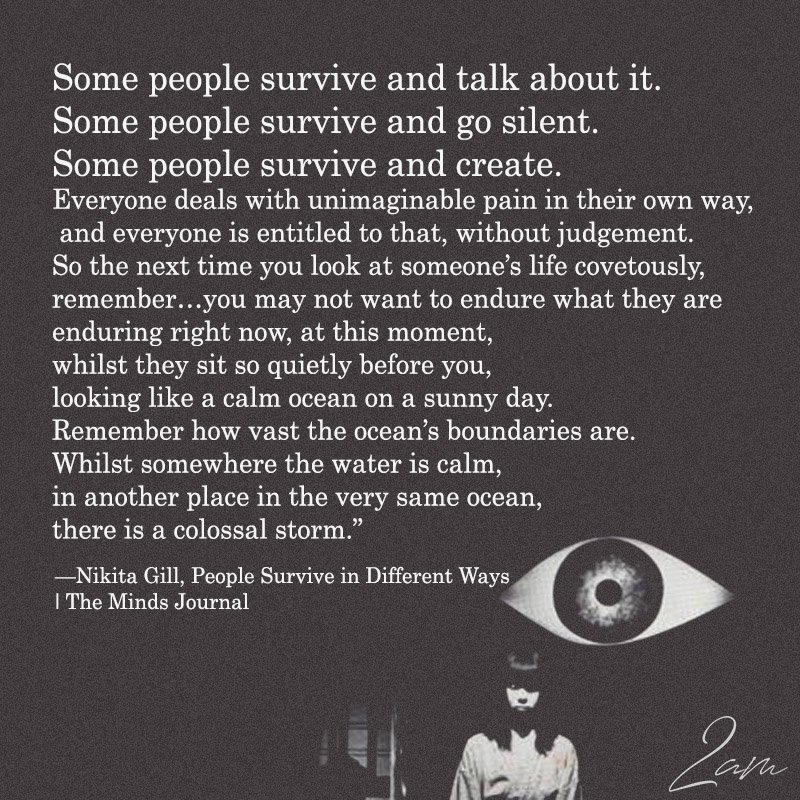
So what is survival mode? Survival mode is primarily an instinctive response activated by our brain’s threat detection system referred to as the amygdala. When subjected to too much stress, either from external factors or internal ones, our amygdala goes into hyper-drive initiating the body’s fight-or-flight response.
Related: How Stress Turns Us Into Someone Else: Your Stressed Self vs Your Best Self
According to a 2015 study, survival mode typically involves stress, anxiety, anger, shame, fear, mistrust, sadness, appetite changes, an indifference toward others, social hostility, and risky health behaviors.
In survival mode, our attention becomes focused on immediate survival needs. We become overly cautious, always looking out for possible dangers and reacting instantly to curb them.
Our energies are focused on maintaining our physical and emotional well-being, while sacrificing other aspects of life. This is why we need to learn to identify the signs of living in survival mode and how to get out of survival mode.
Signs of Living in Survival Mode
Living in survival mode can manifest itself in different ways throughout our lives and it can adversely affect different areas. Here are some common signs that might show you’re currently in this state of chronic stress:
1. Emotional Exhaustion
Feeling tired, overwhelmed, and emotionally drained becomes the norm. It becomes increasingly difficult to find interest or joy in activities that you previously found pleasing.
2. Chronic Stress
Your everyday life feels like a huge canvas painted only with the colors of stress and anxiety. You feel like there’s always something threatening or terrible about to happen.
3. Tunnel Vision
Your ability to think creatively and make long-term plans decreases. Your focus narrows down only to immediate concerns, making it hard for you to see beyond the stressful situation.
4. Neglected Relationships
It becomes a struggle to maintain healthy relationships as you emotionally withdraw, finding it hard to relate with others on a deeper level.
5. Physical Symptoms
Living in survival mode can take its toll on your physical health. Frequent migraines, muscle tightness, digestive problems, and sleep disturbances may become prevalent.
Related: What Can Stress Do To A Woman’s Body? 12 Ways Stress Wreaks Havoc
How to Get Out of Survival Mode
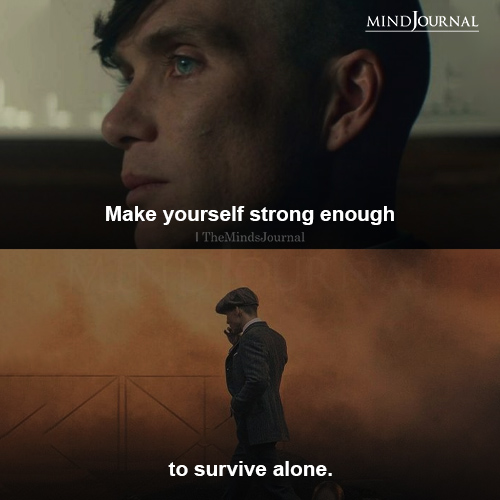
While being in survival mode may be overwhelming and exhausting, there is still hope. It is possible for you to break away from it and discover a life of abundance and fulfillment again.
Understanding what is survival mode and the signs of living in survival mode is not enough. We must also learn how to get out of survival mode and what comes after survival mode. Here are some practical steps that will help you come out of the survival mode and move towards a more vibrant and balanced life.
1. Recognize and Acknowledge
The first step toward getting out of survival mode is admitting that you are in it. Be truthful to yourself about the signs and symptoms you have been observing.
Understand that living in survival mode is not a drawback, but simply a normal response to complex circumstances. When you accept your situation, you empower yourself to effect change.
2. Prioritize Self-Care
To get out of the survival mode, self-care is important. Attend to your well-being by doing things that make you relaxed, joyful, and rejuvenated. For instance, you could workout on a daily basis, spend some time with nature, practice mindfulness meditation, or practice journaling.
Remember that self-care is not being selfish, it’s an important investment for improving your overall well-being.
3. Seek Support
No one needs to go through survival mode alone. Talk to trusted family members, friends, or healthcare professionals who can provide guidance and support.
Share your experiences with them and be open about what you have gone through, your worries, feelings, etc. Sometimes when you share your troubles, the burden gets lighter, giving you fresh perspectives.
If possible, consider seeking therapy or counseling from professionals who can guide you with valuable insights and coping strategies based on individualistic needs. This is how to get out of survival mode.
4. Define and Establish Boundaries
In order to escape survival mode, it is crucial that you have well-defined limitations. Learn how to say no to tasks, responsibilities or people who drain your energy and keep you trapped in the cycle of surviving.
Prioritize taking care of yourself by keeping aside some dedicated time for activities that will nourish your well-being. Create boundaries that will open up room for your own growth while also making sure that your needs are met.
5. Set Realistic Goals
Once you are recovering, move away from fighting for survival and instead aim at thriving by having realistic goals. Start small and appreciate even the tiniest victories. Choose objectives that relate to your values and desires whether in your career, personal development, relationships, or hobbies.
Break your goals down into manageable steps and make a plan of action. Every milestone will create momentum and reinforce your confidence in shaping a meaningful existence.
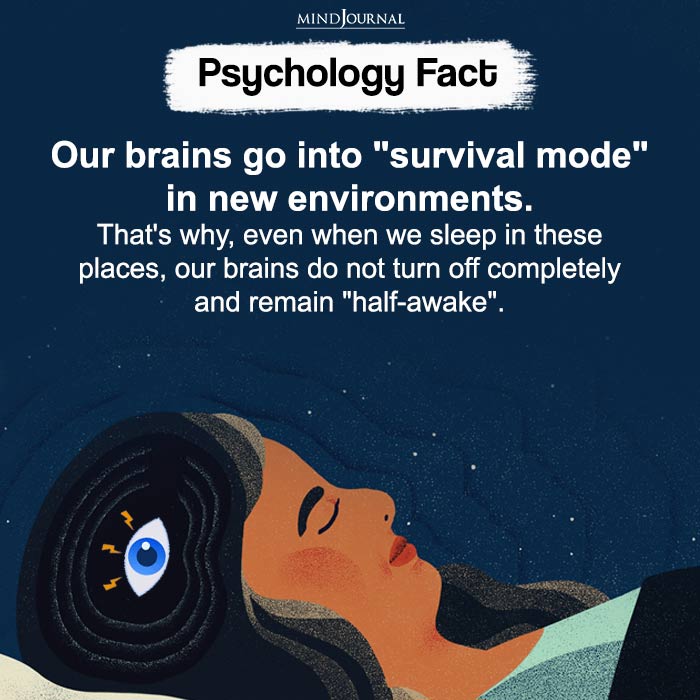
6. Practice Mindfulness
One of the best ways to escape the survival mode is to embrace mindfulness. Be fully aware of the present moment and appreciate the small things in life that make you happy.
Acknowledge the beauty of life by engaging all your senses and live with gratitude at heart. By focusing on the present, you can release worries about the past or future, and experience a profound shift in your overall well-being.
7. Build a Supportive Environment
Environmental factors can significantly help you to get out of the survival mode. Surround yourself with positive influences, such as supportive loved ones, role models, inspiring mentors, optimistic peers, and uplifting media channels.
Reduce contact with toxic individuals and avoid toxic relationships as well as triggers such as spending too much time on social media and consuming negative content.
Develop an environment that promotes growth, positivity, and motivation, as it can greatly impact your journey towards a more fulfilling life.
Related: What Is Emotional Burnout And Ways To Replenish Your Energy
8. Develop Coping Mechanisms
If you wish to stop surviving and start thriving then focus on building resilience. Explore and practice healthy coping mechanisms such as deep breathing exercises, progressive muscle relaxation, or mindfulness techniques.
These can empower you to manage your stress response and experience calmness in a chaotic situation. Moreover, focus on developing a positive mindset, redefining challenges as opportunities, and practice gratitude for the present moment. This is an excellent strategy on how to get out of survival mode.
9. Practice Self-compassion
When finding a way out of survival mode, be gentle with yourself. Practice self-love and self-compassion in acknowledging you are doing your best under the current circumstances.
Be kind, understanding, and forgiving to yourself. Remember that healing and growth take time, and it is okay to have minor setbacks on your journey. Let self-compassion guide you to your freedom.
10. Embrace Learning & Personal Growth
To overcome survival mode, it is important to develop a growth mindset and be willing to learn. Look for personal and professional development opportunities that resonate with what you value most in life.
Take up new interests & hobbies, join classes, read books, or attend seminars that improve your knowledge base & skill set. Continuous learning not only broadens horizons but also enhances self-esteem leading to new possibilities.
11. Celebrate Progress & Practice Gratitude
Every step away from survival should be celebrated, whether it is a small win or a big one. Recognize and acknowledge your progress, no matter how negligible it may seem.

Cultivate gratitude by regularly contemplating on the things you are thankful for. The act of focusing on the positive side of life can change your view and improve your health at large. Celebrating progress and practicing gratitude feeds the mind with optimism, making one more positive and resilient.
What Comes After Survival Mode?
Once they learn how to get out of survival mode, many people move into a phase of recovering, mending, and reconstructing. During this process, immediate problems that lead to survival mode are solved while long-term well-being, growth, and stability are achieved.
This could include emotional healing, rebuilding relationships, setting new targets, and finding a new meaning and purpose to thrive, not just survive.
Finally, the way out of survival mode is about regaining what you had before the whole saga started – aspirations for personal growth and positive future perspectives. This is what comes after survival mode.
As they say, there is always a silver lining even when the darkest clouds take over the sky. The silver lining about post-survival mode is that it is only a temporary state and not permanent.
You can shake yourself loose from its grip by being aware, intentional, and taking care of yourself, building a more healthy and balanced life.
Takeaway
Transitioning out of survival mode is an expansive process that necessitates self-knowledge, self-support, stamina, and purposeful efforts. Accepting what you are going through may be the first step in learning how to get out of survival mode.

So embrace the journey of self-discovery and growth as beyond this lies a world where everything is possible. Remember that you are the architect of a life more than survival – prosperity.
Related: Can Too Much Stress Make You Sick? The Startling Impact on Your Physical Well-being
Frequently Asked Questions (FAQs):
What it means to be in survival mode?
Survival mode is a psychological state of high levels of stress, focusing on immediate survival by sacrificing long-term well-being.
How do I know if I’m in survival mode?
Signs of survival mode include chronic stress, avoiding self-care, and prioritizing urgent needs over long-term goals.
What does coming out of survival mode feel like?
Getting out of survival mode feels like finding eventual balance, with a new focus on personal development, and increased well-being.






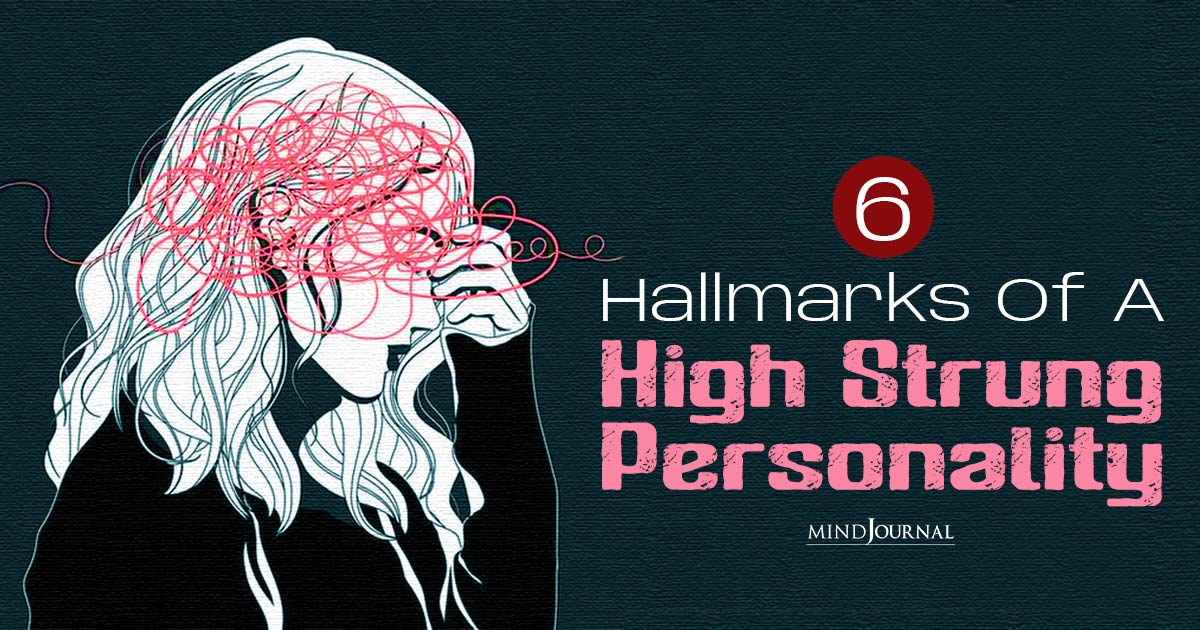
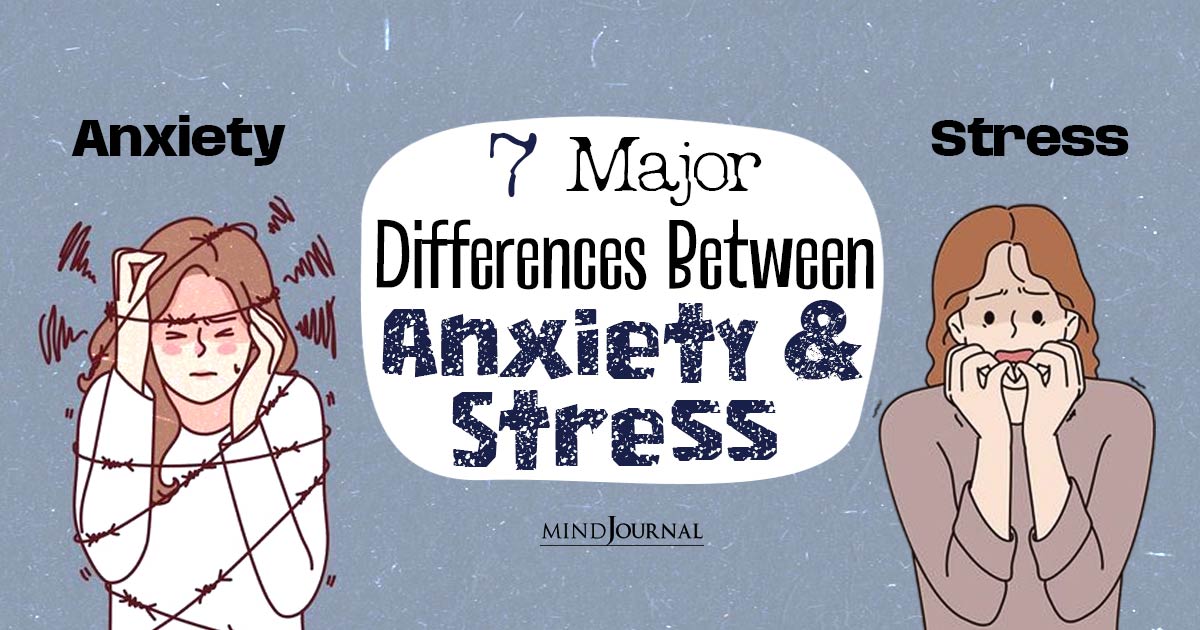

Leave a Reply
You must be logged in to post a comment.